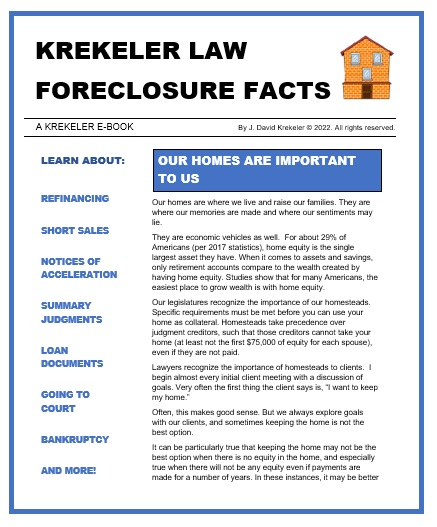What will happen when they file bankruptcy?

Dane County is warning bars and restaurants that it will soon be imposing fines for violations of its various health code orders imposed in connection with COVID-19. Already struggling establishments must now enforce limited capacity orders, mask requirements, and social distancing restrictions. Many find it is difficult to generate sufficient revenue even without these orders, and that enforcement makes that job even still more difficult.
According to Yelp, as of September 16, 2020, 6% of business closures due to COVID-19 are now permanent. Predictions range from 20% to 75% of all U.S. restaurants eventually closing due to the pandemic, with the actual numbers being difficult if not impossible to predict. Even if the percentages stay at the lower end, it still means that hundreds of thousands of business owners’ dreams will be shattered, and millions of people will lose their jobs.
What most small business owners aren’t aware of, is that we can keep many of these establishments in business by strategic bankruptcy filings. Those filings will enable business owners to eliminate debt, reduce interest rates, and re-amortize secured obligations to lower payments. They will be able to cure rent defaults and stop evictions and foreclosures.
But what about these COVID-related fines? Regular readers of my work know that the answer often is “it depends.” The law is complex and often varies according to the facts of the situation.
The first question to be answered is “who is filing bankruptcy?” Only an individual person can obtain a discharge of debt in Chapter 7.
But fines and forfeitures are not dischargeable in Chapter 7. This sort of obligation is dischargeable in Chapter 13, and Chapter 13 is only available to individual persons.
So, to discharge the monetary fines and forfeitures, the debtor must be an individual person.
How can corporations and LLCs deal with these fines and forfeitures? While these obligations cannot simply be eliminated by discharge, business debtors can force the government to accept payments made as installments. In a Chapter 11 case, the fines and forfeitures could be paid over a reasonable timeframe. This would likely be over five years, but perhaps could be longer. Being able to spread out these payments on a monthly basis makes them more affordable.
The government has other tools at its disposal. These rules have been put forth as health orders. Bankruptcy does not stay the police and regulatory powers of the government. This means that the government could still seek to close the business through some form of health code enforcement. Bankruptcy deals with the monetary penalty but does not prevent enforcement of health safety laws.
We are already taking calls and inquiries from the owners of bars, restaurants, and breweries, and we expect many more before this pandemic is over. We are crafting plans to keep these businesses going, and part of those plans, at least for some business owners, will be to deal with these COVID-19 fines and forfeitures.
TO SUMMARIZE:
Sole proprietorships can completely discharge fine and forfeiture amounts in Chapter 13 bankruptcy. Corporations and LLCs can force the government to take installment payments in Chapter 11 bankruptcy. Bankruptcy alleviates the monetary amount but does not restrict health code enforcement.
These same principles hold true for other fines and forfeitures, such as traffic citations. Bankruptcy can eliminate the fine or permit you to pay it over time. Filing a bankruptcy does not allow you to go out and drive 70 miles an hour in a 30 mile-per-hour zone, but you might be able to escape paying the fine.

